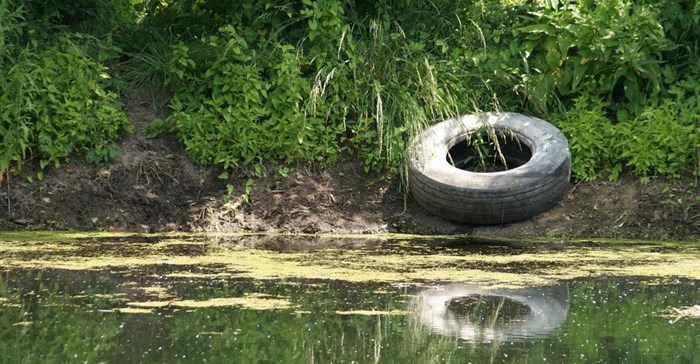
Top stories






More news

















Logistics & Transport
Uganda plans new rail link to Tanzania for mineral export boost








Explaining what his typical day entails, Mjikayo says, “My day is usually very busy as we have big trucks coming in and out of the depot, to load and offload scrap tyres of different kinds and sizes. We also have employees counting and making sure that the invoices match the stock, while the forklift operators ensure compliance by packing the stock of tyres according to their tyre categories and the waste tyre regulations.”
The Ferrobank depot also has machinery that enables the shredding of off-the-road (OTR) tyres and one of Mjikayo’s core tasks as a manager is to ensure that waste tyres are sent to recyclers for processing. “I have been undergoing on-the-job training and learning more about managing the depot, business and financial planning, which has been incredibly helpful to me personally and in running the depot,” says Mjikayo.
The team at the Ferrobank depot have committed to upskilling employees by sending them on various courses such as firefighting, first aid and, health and safety courses which will help make their jobs easier and also reduce the possibility of accidents.
Stacey Davidson, director at REDISA, points out that there are economic and job creation opportunities through tyre reuse and recycling channels. “When tyres are sent to landfill, they take up valuable space. REDISA invests 80% of its revenue collected into supporting the circular economy, through investment back into industry and creating a market for the handling of waste tyres, as well as supporting businesses such as the Ferrobank depot which play a major role in the diversion of waste tyres in Mpumalanga,” says Davidson.
“My dream is to make a difference in not only the lives of my employees but also my community at large. I also want to teach people about the importance of preserving the environment and showing them that there is more to products such as tyres even after they are seen as waste,” says Mjikayo.